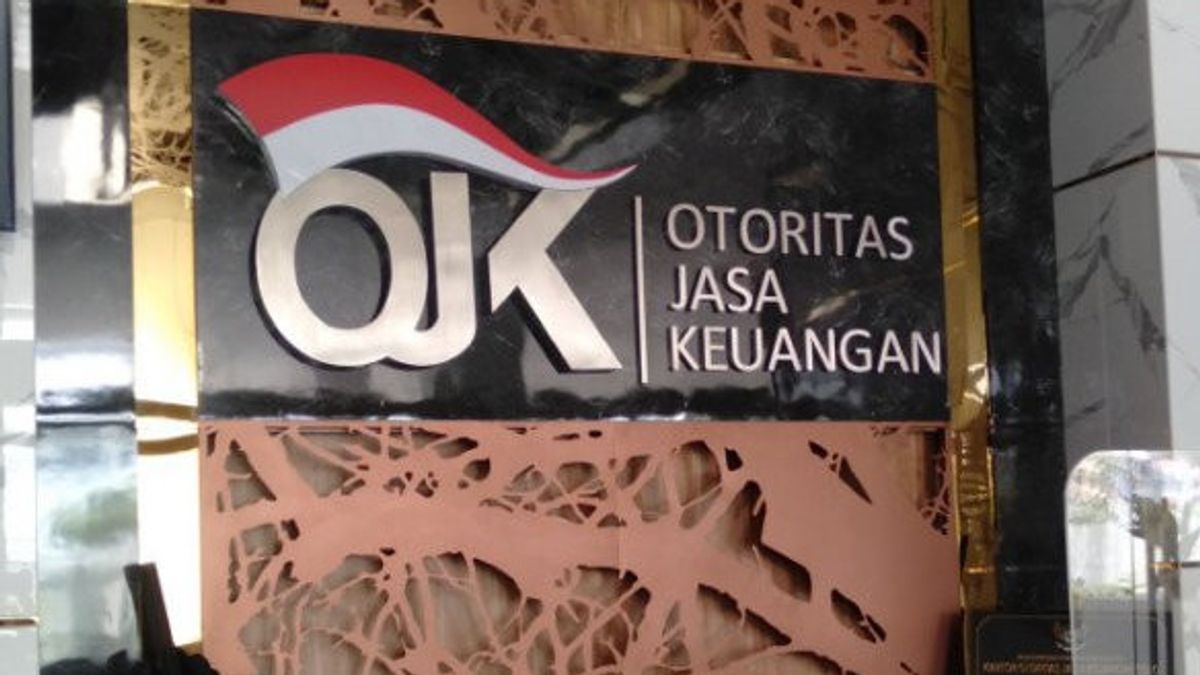The Financial Services Authority assesses that the closure of Silicon Valley Bank (SVB) by the United States Federal Deposit Insurance Corporation (FDIC) on March 10 will not have a direct impact on Indonesia's banking industry.
OJK Banking Supervision Chief Executive Dian Ediana Rae said the closure of SVB is not expected to have a direct impact on Indonesian banks that do not have business relations, facilities lines or investments in SVB securitization products.
In addition, according to Dian, unlike SVB and banking in the US in general, banks in Indonesia do not provide credit and investment to startups and crypto technology companies.
"Therefore, OJK hopes that the public and industry will not be affected by the various speculations that are developing among the community," Dian told the media, Tuesday, March 14.
According to him, Indonesia after the 1998 financial crisis has taken fundamental steps in the context of strengthening institutions, legal infrastructure and strengthening governance and protecting customers who have created a strong, resilient and stable banking system.
"This is reflected in the performance of the Banking Industry which is well maintained and solid and continues to grow positively amid the pressures of the domestic and global economy that have been going on so far," added Asian.
Just so you know, Indonesia's banking conditions show good liquidity performance, including AL/NCD and AL/DPK above the threshold, which is 129.64 percent and 29.13 percent well above the threshold, respectively, of 50 percent and 10 percent.
Banking assets are also maintained at compositions proportional to the composition of Third Party Funds (DPK) which are dominated by current accounts and saving accounts (CASA) or low-cost funds that are increasing so that they are not sensitive to interest rate movements.
Likewise, other performances such as credit risk, market risk, capital and profitability are still maintained and positive growth. In addition, currently there are no commercial banks in Indonesia that fall into the 'Banks in Resolution' category, namely banks that are experiencing financial difficulties, endangering the continuity of their business, and cannot be healthy.
"OJK continues to take various collaborative and synergistic policy steps with Bank Indonesia, the Ministry of Finance, the Deposit Insurance Corporation, both directly and through the Financial System Stability Committee (KSSK) in order to anticipate possible global impacts and pressures," said Dian.
OJK ensures that it will continue to increase monitoring of various developments that occur globally and its implications for Indonesian Banking, ensure the implementation of good Bank risk management and governance in every productive asset and funding portfolio management activity and mitigate the risk of concentration that has an impact on Bank financial performance.
In addition, OJK also asks banks to always take strategic steps, including increasing the function and role of the Asset & Liability Committee in managing assets and obligations, evaluating the adequacy of risk reserves, conducting comprehensive stress tests and reviewing and coordinating recovery and resolution plans regularly.
"The future OJK policy will continue to be directed to create a situation that is increasingly conducive in encouraging sustainable economic growth," concluded Dian.
The English, Chinese, Japanese, Arabic, and French versions are automatically generated by the AI. So there may still be inaccuracies in translating, please always see Indonesian as our main language. (system supported by DigitalSiber.id)









